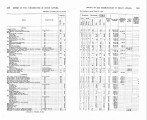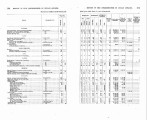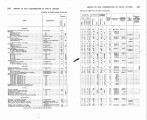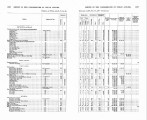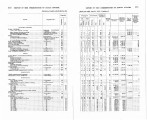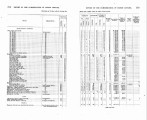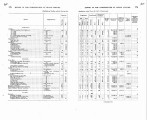| Title |
Annual Report of the Commissioner of Indian Affairs - 1907 |
| Subject |
Indian reservations; Federal government; Indians of North America; Maps; Work; Livestock; Food; Indians of North America--Education; Land use; Allotment of land; Treaties; Agriculture; Railroads; Timber; Health; Indians of North America--Social life and customs; Natural resources; Ute Indians--History; Employment (Economic theory); Alcohol; Education; Irrigation; Water rights; Indigenous peoples--North America |
| Keywords |
Annual Report; Indian Agency; Reservations; Tribal Funds; Land Rights; Allotment; Resources; Mining; Native Americans |
| Publisher |
Digitized by J. Willard Marriott Library, University of Utah |
| Tribe |
Paiute; Ute |
| Language |
eng |
| Description |
Excerpts concerning Utah from the Annual Report of the Commissioner of Indian Affairs - Courtesy of the University of Wisconsin Digital Collections. The Commissioner of Indian Affairs submits a report regarding logging, the distribution of supplies to Indian agencies, the difficulty faced when drafting agreements between Indian tribes and the federal government, and operations at on- and off-reservation schools. The Commissioner also describes changes in tribal funds and presents a table outlining the federal government's treaties and the respective tribes to which they pertain |
| Type |
Text |
| Coverage |
Washington (D.C.) |
| Format |
application/pdf |
| Rights |
Digital Image © 2011 America West Center. All Rights Reserved |
| ARK |
ark:/87278/s6pv9g3w |
| Creator |
Commissioner of Indian Affairs; Leupp, Francis E. (Francis Ellington), 1849-1918 |
| Date |
1907 |
| Spatial Coverage |
Utah; Washington (D.C.) |
| Setname |
uaida_main |
| ID |
375362 |
| Reference URL |
https://collections.lib.utah.edu/ark:/87278/s6pv9g3w |

































































































































































